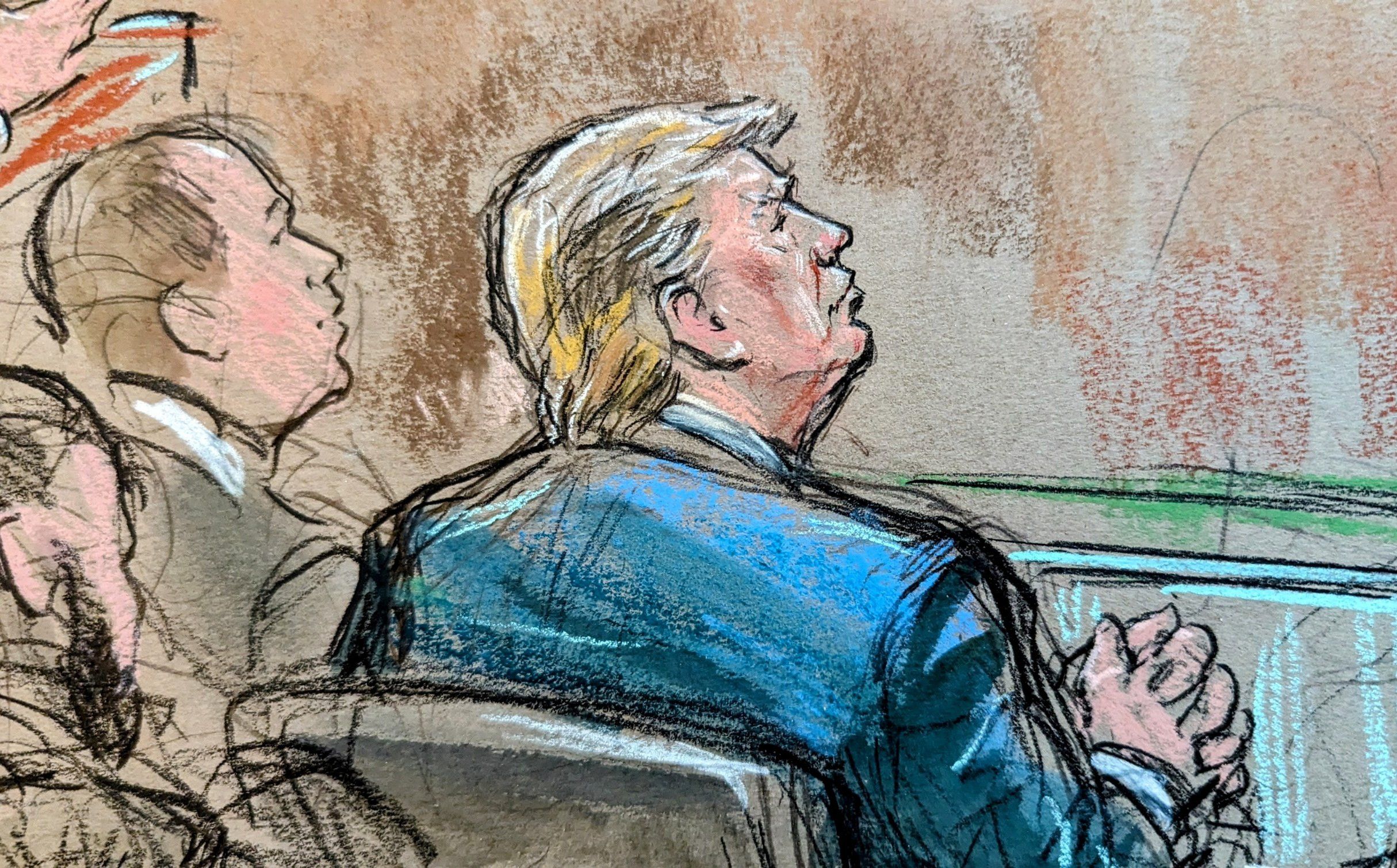Donald Trump was in court on Tuesday, but this time he wasn’t on trial. Instead, the DC Court of Appeals is deciding whether the US Constitution grants former presidents immunity from criminal prosecution for actions taken while in office.
Trump has argued that presidential immunity exempts him from charges alleging he conspired to overturn the 2020 election results. The argument has stalled Trump’s DC federal indictment.
On Tuesday, the three-judge panel seemed skeptical of Trump’s immunity argument. They asked his lawyer whether a president could hypothetically be charged for ordering the military to assassinate a political rival – to which Trump’s lawyer responded only if the House and Senate first found him guilty in an impeachment hearing.
Remember: Trump was impeached by the House for his actions on Jan. 6 but then acquitted by the Senate.
The judges posed hypotheticals to the other side too, asking federal prosecutors whether denying Trump immunity could result in a future in which presidents are flooded with partisan criminal charges.
The Appeal Court’s decision, which will likely hinge on the judges’ interpretation of the Constitution’s impeachment clause, will be announced Wednesday. Whichever side loses is expected to appeal – likely sending it to the Supreme Court. Then the question becomes: Is there enough time for a high court decision before November’s election?
